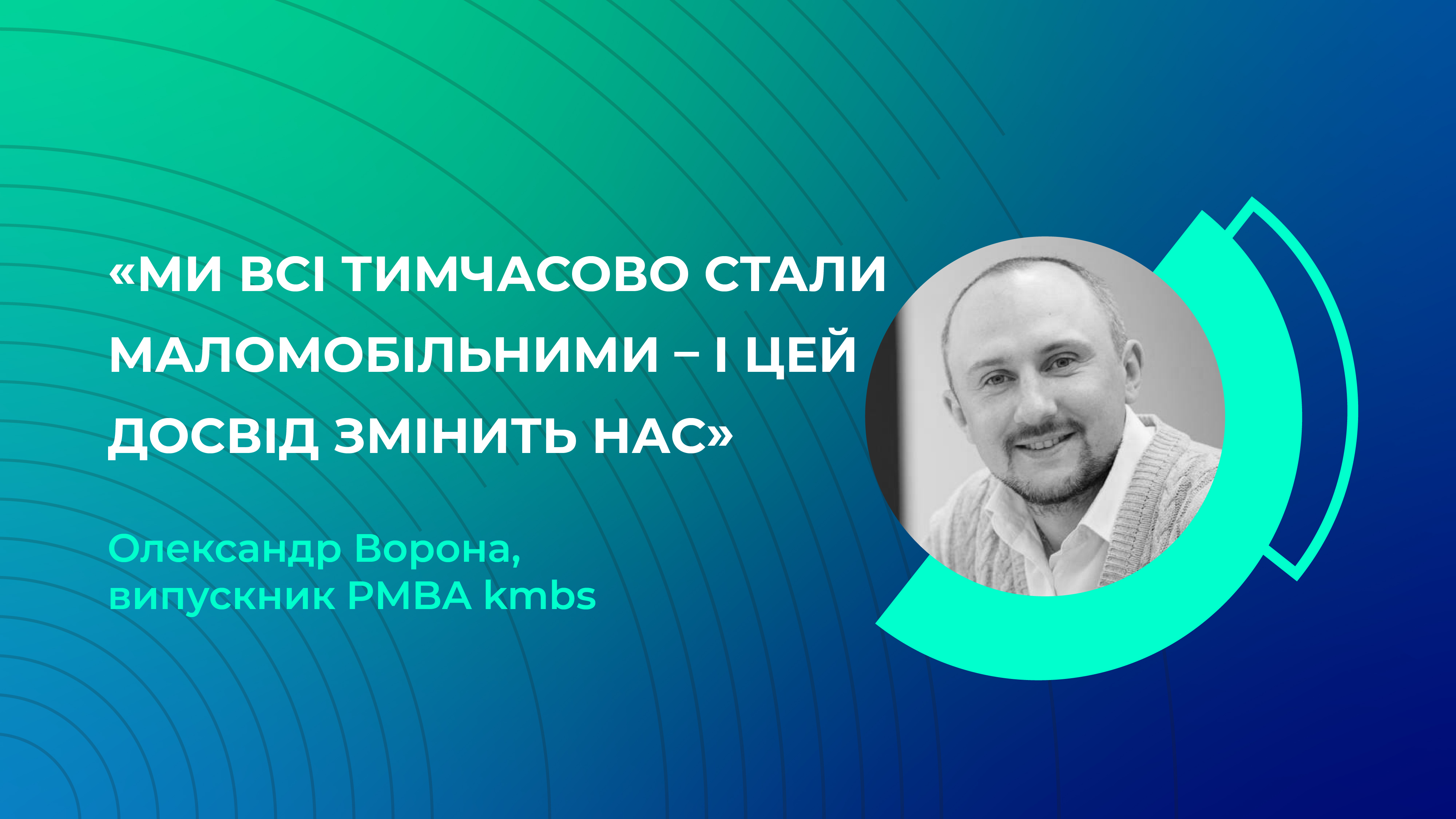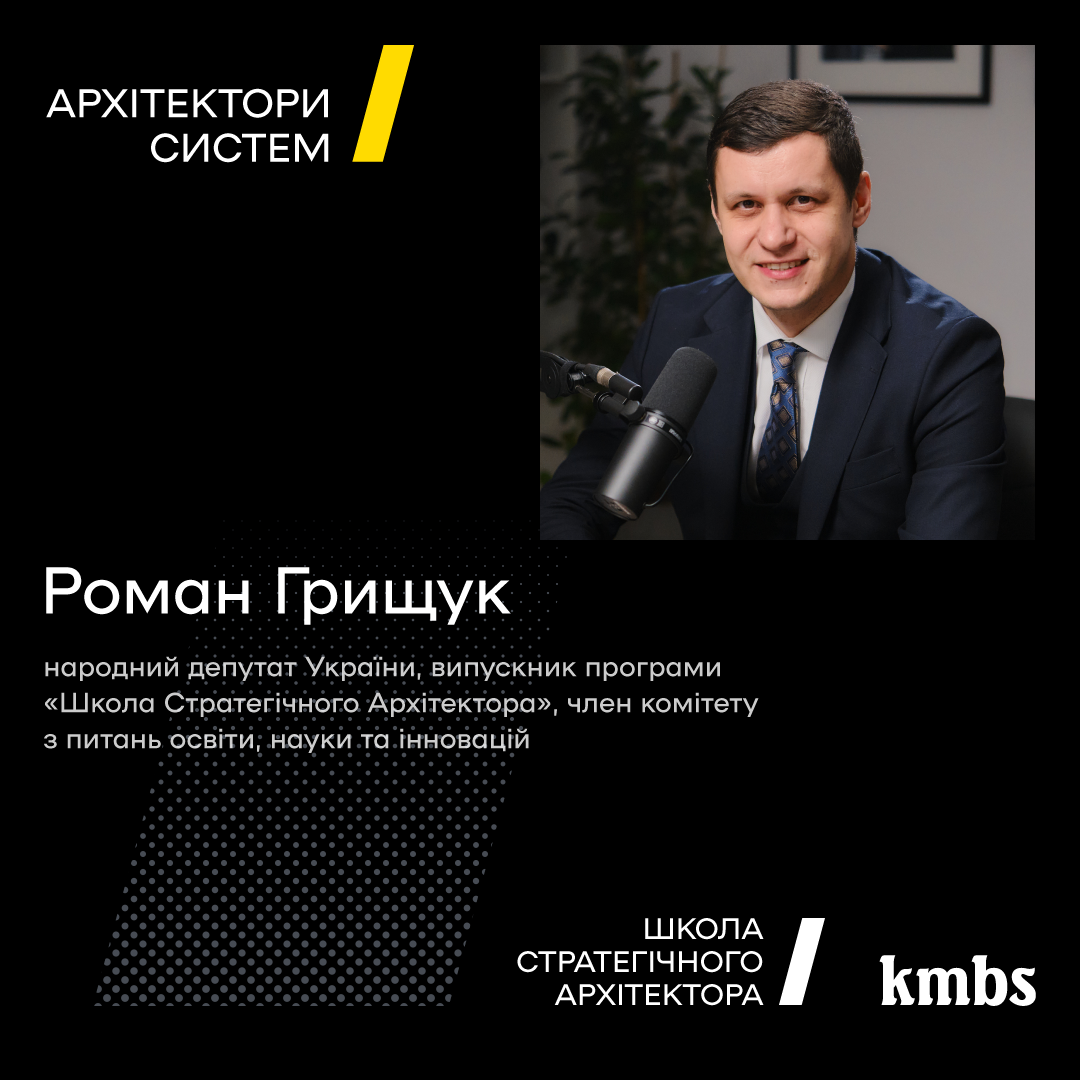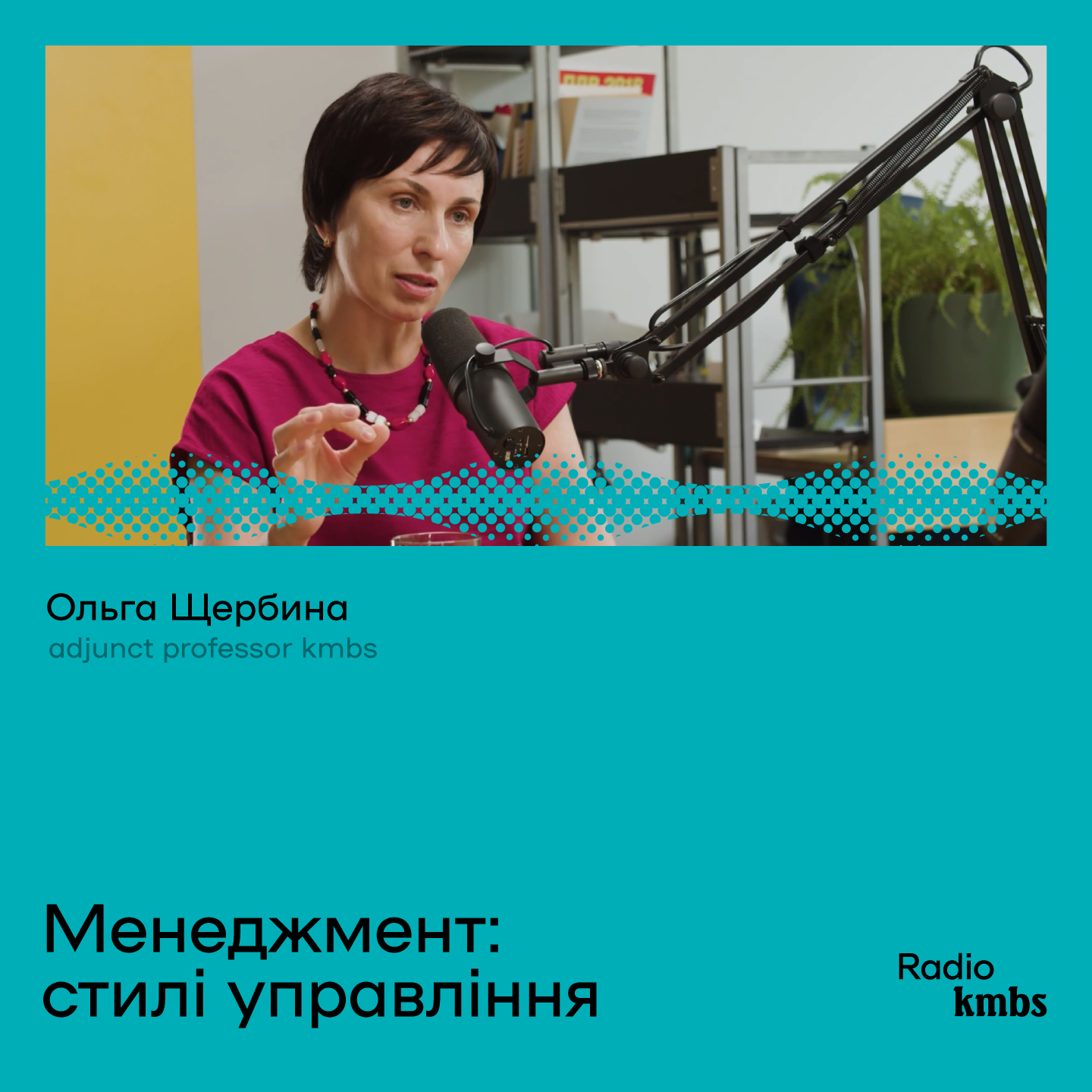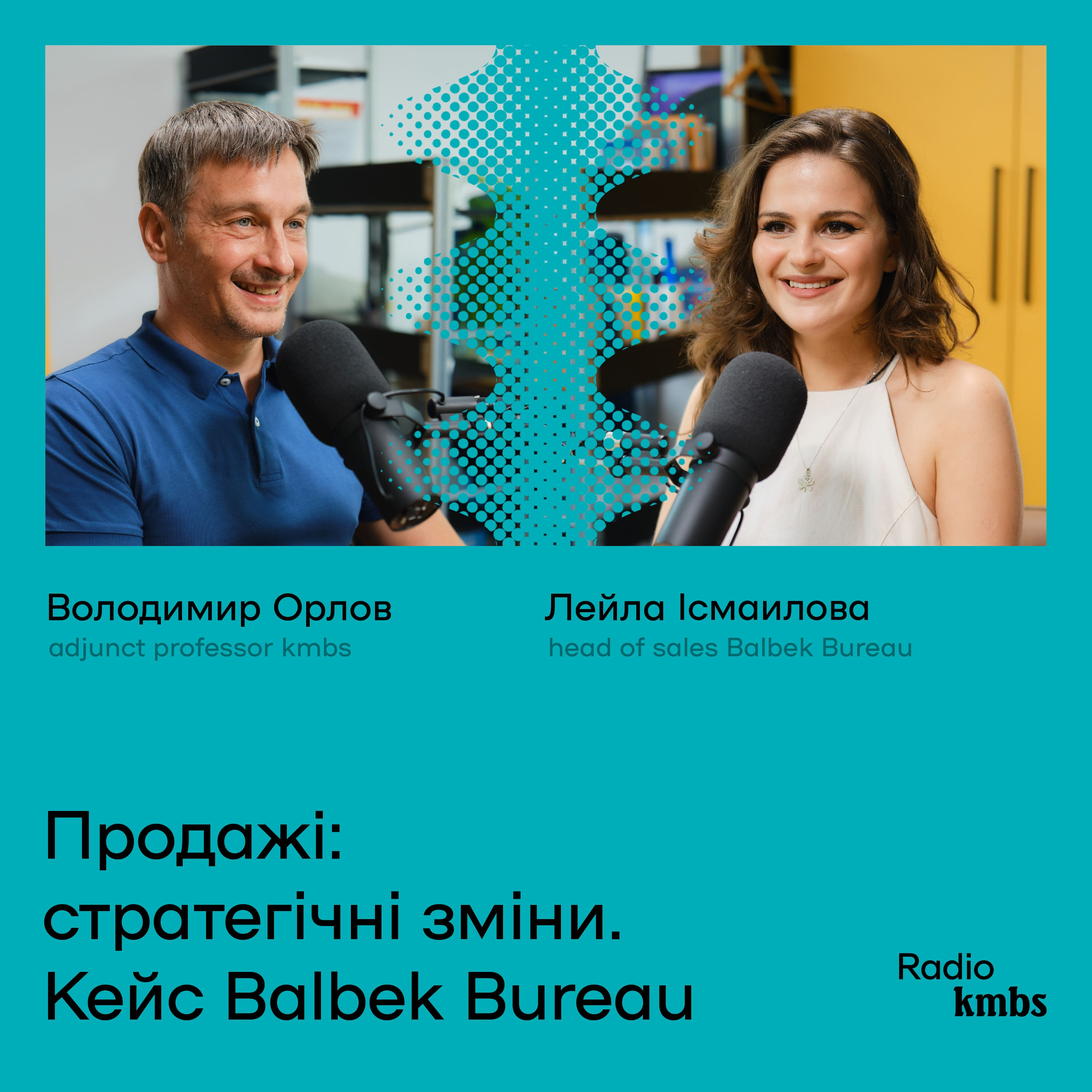Elderly people and citizens with restricted mobility are the first to be affected during a crisis. Oleksandr Vorona, Head of the Association of Kyiv Public Organizations of Disabled, Director of the Centre for Inclusive Design and a graduate of Presidents' MBA kmbs, has launched several initiatives aimed at helping those who need it most.
First steps
A month ago, when the country announced the quarantine, we started taking the first steps. Having talked to colleagues from other European countries, who already had a crisis, we got the idea of what to expect. And communication with members of NGOs helped us to outline the range of issues we faced in the first place.
I contacted kmbs Alumni Association and we wrote a post calling to join efforts. This was to be done quickly, as more serious problems had already arisen in a week – with transport, supplies and more.
The first thing we did was to call the underprivileged sections to stay at home. Our association works with disabled and elderly persons, that is, those who have the highest risk to have health complications following coronavirus disease. When the restrictions were introduced, these people faced difficulties – it was impossible to go anywhere, difficult to buy the necessary items.
Unfortunately, for citizens with restricted mobility in Ukraine, staying home for a month is a typical situation. The most common reason is in the barriers: for example, the house is not properly equipped. However, they still need to go out to buy products or ask someone to do this. During quarantine, people had to restrict communication because of the risk of getting sick, so there appeared a big problem of providing them with food products and other things.
So, we launched the initiative: with the help of volunteers, we have accumulated data on such people (about 1,000 now) and their needs, started raising funds, buying and delivering products. We bring what is really needed, and what the person requested.
For example, a disabled mother has healthy children. She can't leave the house, and she can't let the child go out alone. She needs someone to bring medicine, food products, basic commodities, diapers etc. Such people can call us and we will solve the issue: we arrange the address delivery, by volunteers or by Nova Poshta.
Cooperation with business
We are not trying to help everyone on our own. There are a lot of initiatives we forward to the city level, because a lot more people can be covered as a result. Currently, there are many companies, including supermarkets, that cooperate with the state to provide people with necessary things. For example, ATB network packed at least 5,885 product packages in Kyiv and 571,572 across Ukraine.
Companies usually deliver products to territorial centers or regional administrations, and the latter then distribute products to people. I think this is the right thing to do –there is a synergy between the efforts of the state, the public sector and the business.
Counselling assistance
As I have extensive experience in working with the disabled, I began to provide advice and information to other organizations. In cooperation with volunteers and ATB, we have developed recommendations for the in-store customer service mechanism during the pandemic. And now social workers who help single disabled citizens can make purchases at ATB network not waiting in line.
Social workers serve citizens with restricted mobility every day. We recommend that professionals should be provided with personal protective equipment and create the conditions for the safe performance of professional duties.
I recommended local authorities on ways social workers should act in the current environment, what antiseptic agents they can use when rendering services, and generally how to get the work done in this area. For example, social workers should wear disposable gloves, just like doctors, when they visit a client. And upon entering the premises, they should remove and throw these away. Masks must be proper, those that really reduce the risk of infection. It was difficult to buy such, so initially, social workers often were wearing handmade masks.
Widespread use of personal protective equipment results in a new problem – waste management. After all, the virus can survive on the mask for a long time, and if it is simply thrown away, it will remain a source of infection. Having realized this, I recommended that Kyiv City State Administration developed a mechanism for the proper disposal of non-reusable personal protective equipment.
About work and the future of inclusiveness
We have the disabled workers in the Association; as now everyone continues to work remotely, nothing has changed for us. We had to give a series of seminars for regional administrations to introduce inclusive design into the urban space. We can now present them only online. But there is also a good thing in this situation – attracting foreign experts will be much cheaper than paying for their arrival.
This crisis is likely to change us all. Now we will appreciate the possibility of free movement, communication. I hope that the attitude towards inclusiveness will also change. In Ukraine, about 40% of the population are citizens with restricted mobility: the elderly or disabled people, or those who have temporarily lost their mobility. They are all consumers of inclusive design. However, this issue has not yet been given enough attention. And during quarantine, we have all become “citizens with restricted mobility” for a while, and, as we have already understood, it is an absolutely different life.
Global paradigms of doing business are changing and improving. For companies wishing to operate in international markets, the issue of inclusiveness is becoming pressing as never before. Keeping the market means taking care of inclusiveness, people-friendly technology, thinking about how your product will change their lives. For all of us, the crisis should be the jumping-off place – to rethink the senses and to implement changes.










